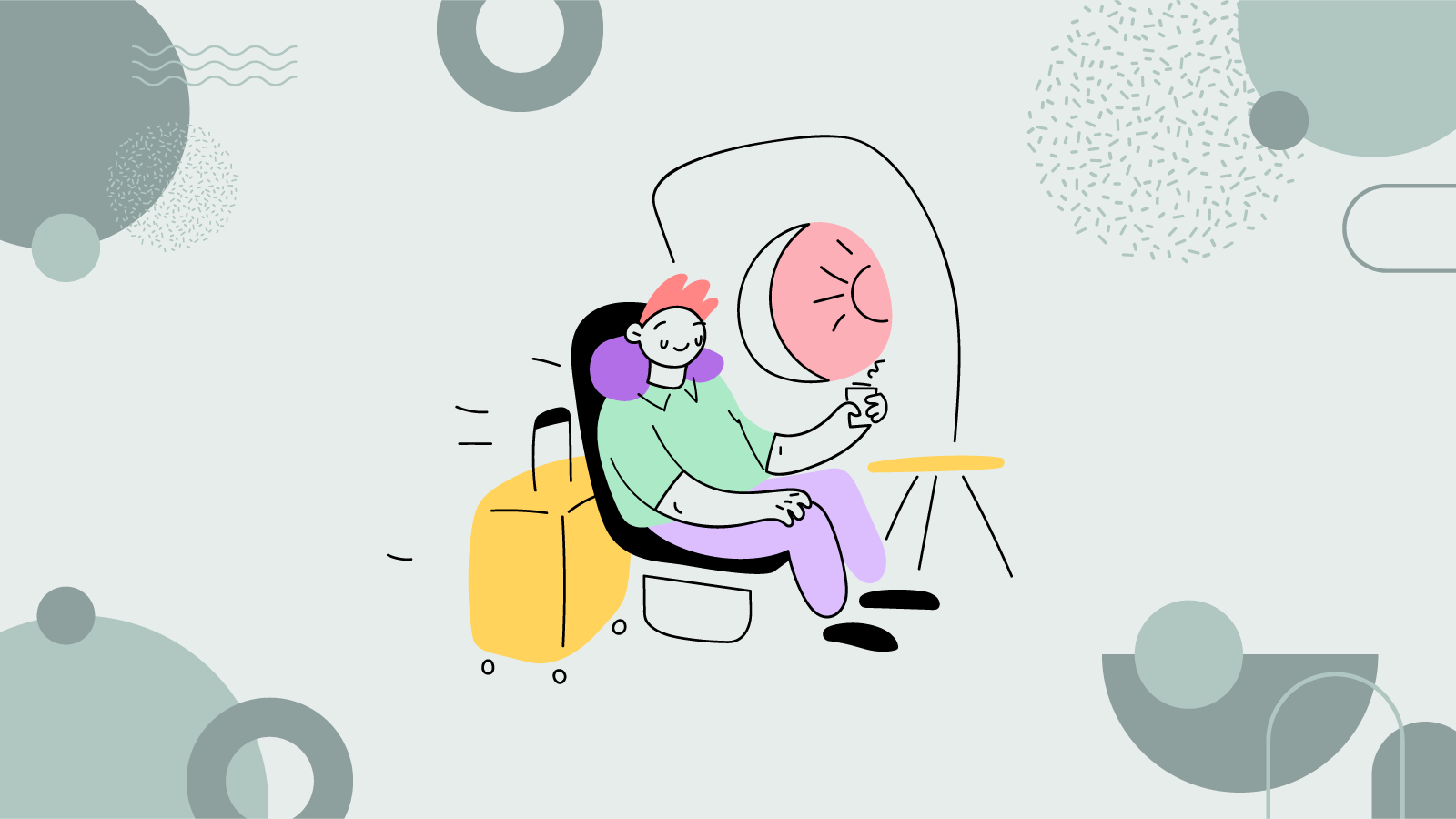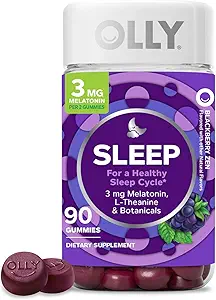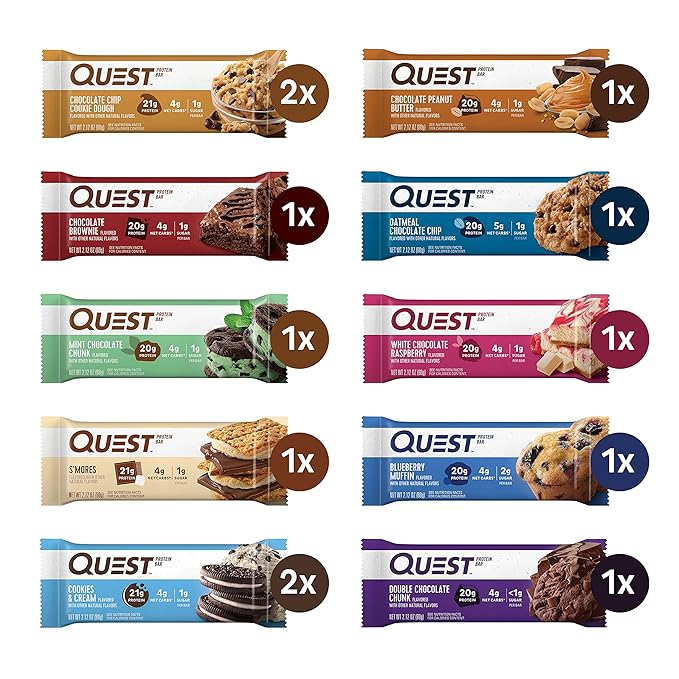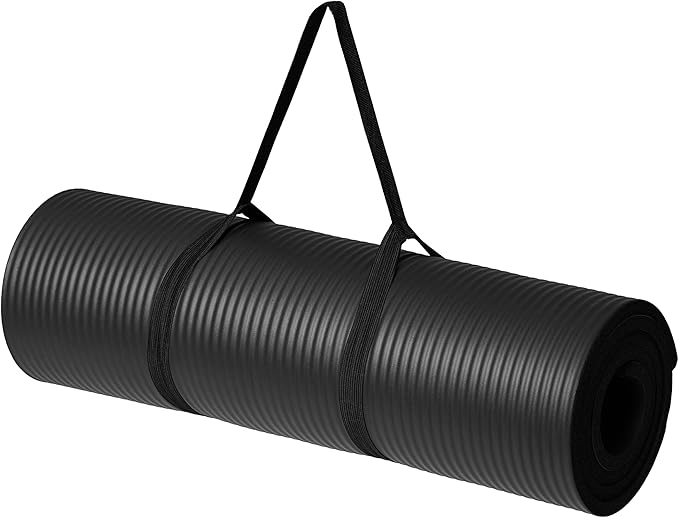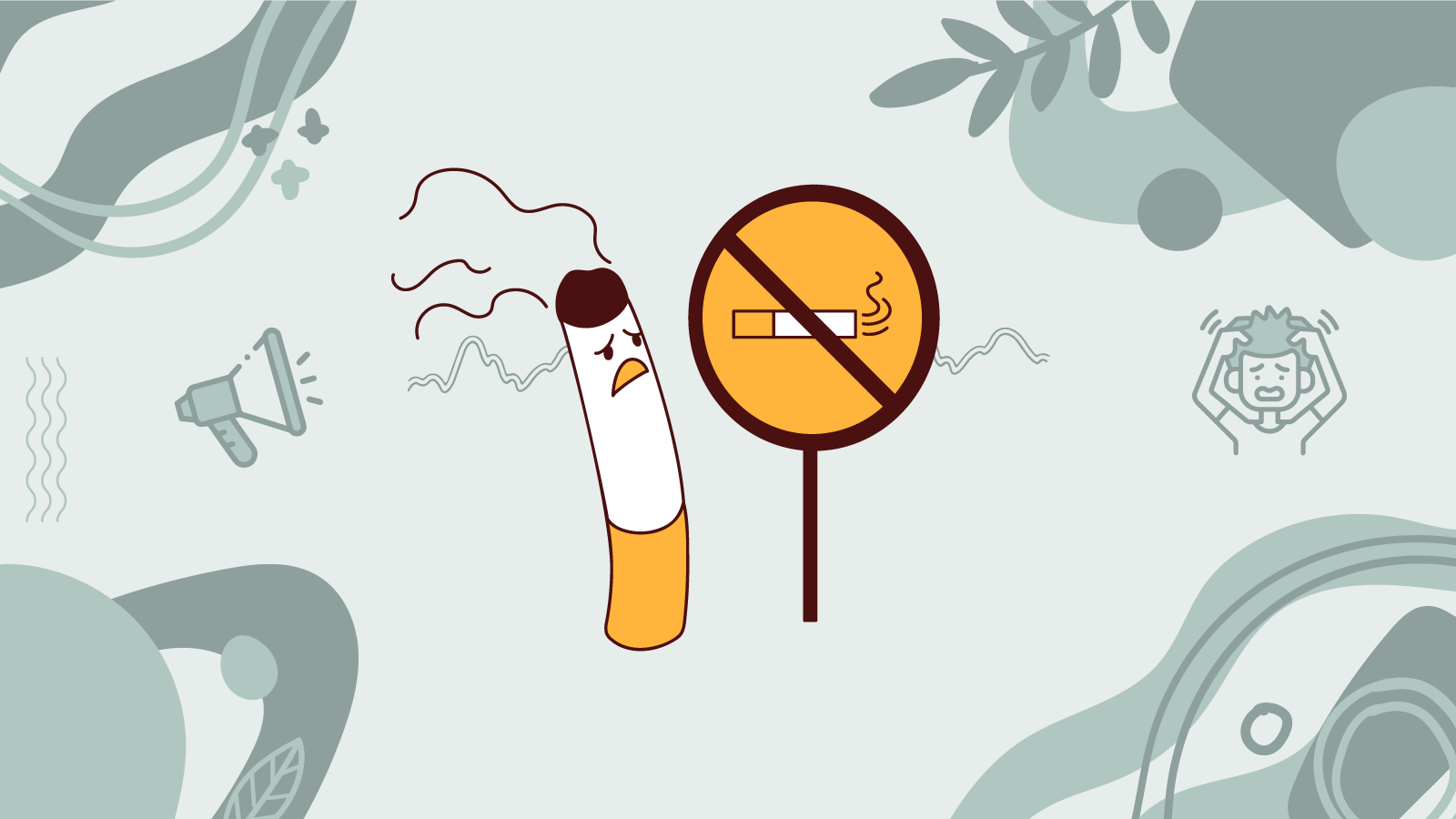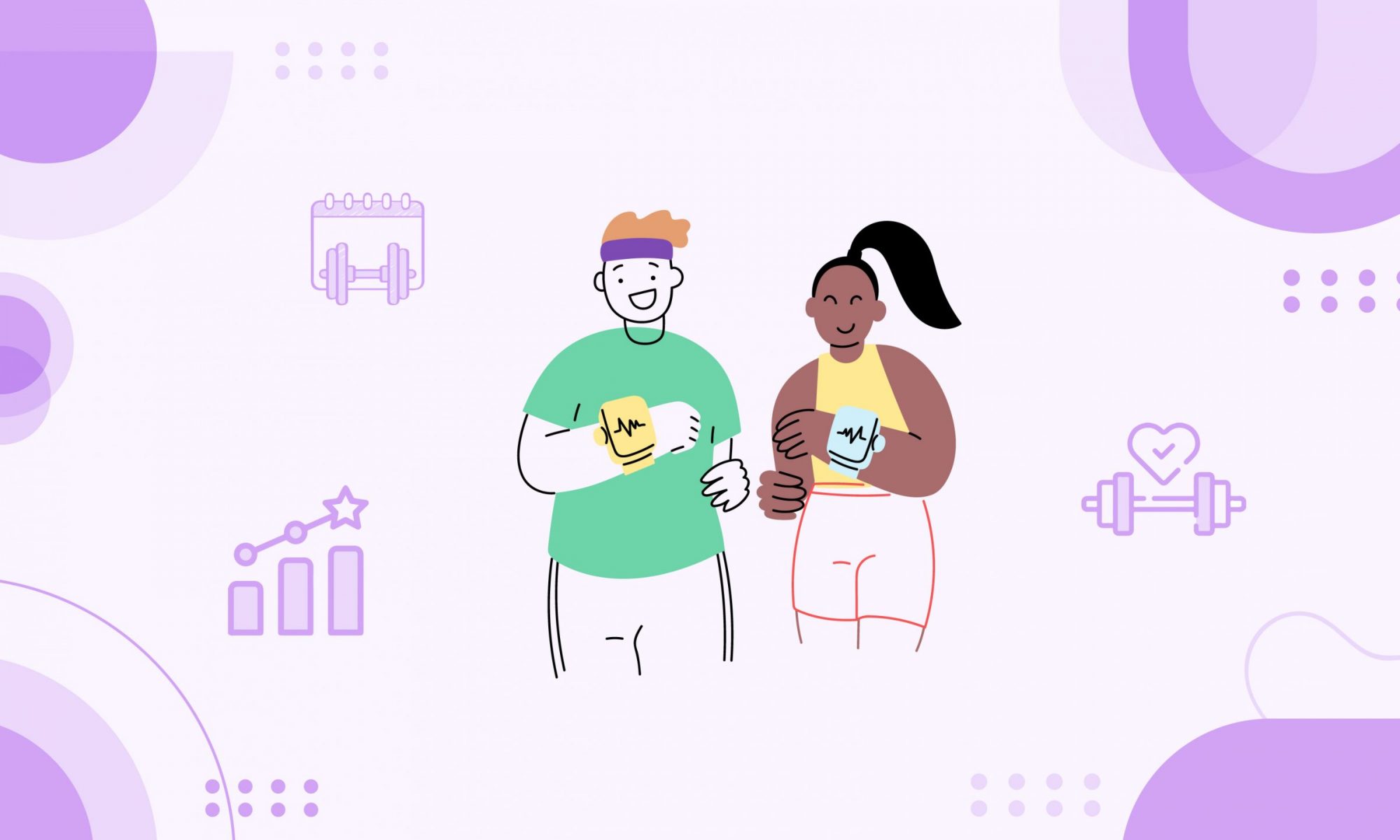Everything is exciting about international trips except jet lag. It can leave us feeling drained and tired for the day. This is where we get confused about whether to feel excited about traveling to a different country or listen to our bodies that feel exhausted—arriving in a different time zone.
It’s a common concern among frequent travelers that they need to cope with. It’s all about making our body and mind adapt to the new time zone and regain the energy and exuberance that were missing.
If you, too, are struggling to deal with the after-effects of traveling to a country with a different time zone, stick around as we get you through practical ways of countering jet lag.
What is Jet Lag?
Jet lag is when our body clock is adjusted to a specific time zone, but we take a quick flight and bring ourselves to a different time zone.
When we travel to a country with a different time zone altogether, our bodies get confused and may take an extended period to adjust to a new time zone. It generally comes in the form of us feeling exhausted and disoriented. It can disrupt our day-to-day activities and make us struggle to perform even the basic functions.
Why Jet Lag Happens and How It Affects You?
We all have an internal body clock (circadian rhythm) that gets disturbed when we travel to a country with a different time zone.
Among the effects of jet lag is that you may find difficulty falling asleep. Even if you manage to get some sleep, the quality of sleep is affected. You may get irritated and feel as if you are dragging yourself to places.
As a consequence of being caught in the grasp of jet lag, you not only struggle to fall asleep but may suffer issues of headache, fatigue, mood swings, lack of appetite, and gastrointestinal conditions like constipation and diarrhea.
According to the Mayo Clinic, jet lag tends to be worse when traveling east because it’s more difficult for the body to advance its internal clock than to delay it.
Proven Strategies to Get Over Jet Lag Fast
The easy way to avoid the effects of jet lag is to follow practical strategies. It will reduce the intensity of jet lag symptoms, plus prepare your mind and body in advance so that you can escape its harmful consequences.
#1: Make Sleep Adjustments Beforehand
One of the effective strategies to work around jet lag is to start adjusting your sleep patterns way before you travel. When you do this, you put in the advance effort to change your sleep patterns in accordance with the time zones of the country you are traveling.
If you are traveling in the East, try sleeping an hour earlier. And if you are traveling to the countries located in the West, try sleeping an hour later. When you give your mind and body sufficient time and space to adjust to a particular schedule, you can save yourself the trouble of adapting to a different time zone after you reach there.
#2: Stay Hydrated
Hydrate your body well enough to stay away from the symptoms of jet lag. Flight cabins have dry air, so you need to drink fluids from time to time to keep your body hydrated. You can do so by keeping a water bottle beside you. Refill it and ensure that you are drinking enough liquids to keep the dehydration at bay. Additionally, the combined effect of sitting in dry cabins and using the bathrooms during travel can further increase the body’s need for water and other fluids.
#3: Consider Melatonin Supplements
It so happens that our body naturally produces melatonin (sleep hormone) so that we can fall asleep in time. It’s generally the darkness that signals the mind to start producing the hormone. But when we travel to a different time zone, our circadian rhythm is disturbed, and our melatonin production is affected. This is when we can take additional melatonin supplements to deal with the sleep issues caused by jet lag.
If you have tried other ways to deal with jet lag and nothing seems to work for you, use melatonin supplements to get a good night’s sleep, which will help you remain fresh and energetic for the day.
#4: Limit Caffeine and Alcohol
Avoid consuming caffeine and alcohol during the long travels. It so happens that our body is already low on hydration while we are traveling. It is due to several reasons (dry cabins in flight and so on), and when we consume alcohol on top of it, it further dehydrates our bodies. Caffeine can help you stay alert and awake during the flight but can interfere with your sleep if you want to have a sound sleep on the flight. Consuming caffeine can help you stay awake but in no way cure the jet lag. Additionally, prefer to have light meals during the flight to keep yourself in a comfortable position.
#5: Take Time to Relax
Either on a flight or before taking the flight, rest well so that you can feel alert and energetic after you reach your destination. It is important that you take out your resting time. You can divide it into naps or sleep for long hours while you are traveling. Don’t skip stretching while you are on a flight, and make sure you are giving yourself a conducive environment to sleep well, whether it’s setting the right temperature, putting a dim light, or canceling out the external noises.
Conclusion
Jet Lag is a common phenomenon we face when we take a trip abroad. While it may last from a few days to weeks, we can minimize its impact and prepare our bodies in advance to endure its symptoms. Try slipping into specific sleep cycles and following the above-mentioned steps, like keeping yourself well hydrated, using melatonin supplements, and so on, and you’ll do fine.
FAQ’s
The time it takes to recover from the jet lag depends upon the number of time zones crossed. Generally, it takes one day per time zone to fully attune to the new time zone.
It strictly depends on your need and requirement for the supplements. However, the best route is to consult a health practitioner before using them to induce sleep.
You may reduce the effect of jet lag symptoms by following the above tips and tactics, but avoiding them altogether is unlikely.
Traveling in the east direction can cause severe jet lag symptoms. It requires advancing your body clock, which is a difficult target to attain.
Generally, it is a temporary phenomenon, and people cross timelines within a couple of days. However, people who are frequent travelers and cross different time zones in a short span of time can face sleep disorders and struggle to get over the symptoms of jet lag.













